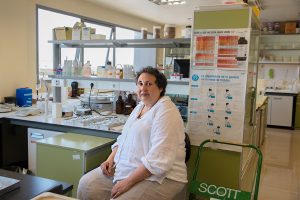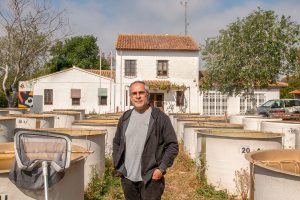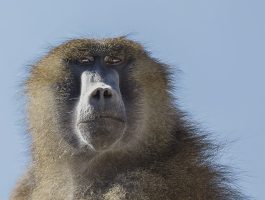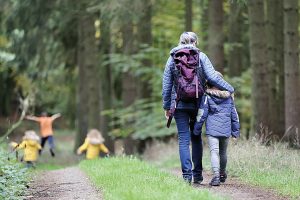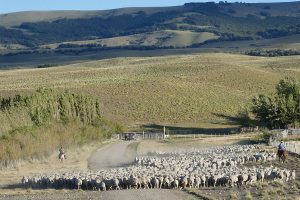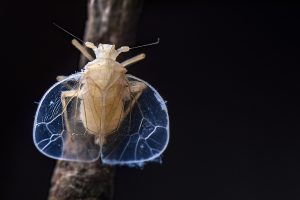Search
Yolanda Picó, Full Professor of Nutrition and Bromatology at the University of Valencia, analyses emerging pollutants, both their concentrations in the environment and their long-term effects on biota.
Francesc Mesquita works at the Cavanilles Institute of Biodiversity and Evolutionary Biology, where he carries out research on aquatic invertebrates as indicators of water quality and evolutionary aspects.
Habitat loss and degradation is one of the main threats to primates. When protecting the environment, the cultural diversity of the population groups living in protected areas cannot be ignored, because the survival of biodiversity depends on the attitudes of these communities.
Are borders established because of differences or are differences the result of borders? The author ponders on this question.
Much of the plastic debris fractures into micro- or nanoparticles called microplastics that can be ingested by marine organisms.
Contact with nature generates measurable benefits for people’s psychological and physiological health.
Livestock grazing modifies and even degrades arid ecosystems, which threatens the sustainability of livestock farming itself.
The description of the «Valencian wood fairy» or Valenciolenda fadaforesta (Hoch & Sendra), a new species and genus, was recently published.
The hat connect with our complacency in the face of global biodiversity loss and habitat fragmentation.
There is a widespread misconception, mainly due to perverse agnogenic practices, that nutrition is hard and confusing, that we do not really know what to eat and that health professionals cannot agree.
- 1
- 2

